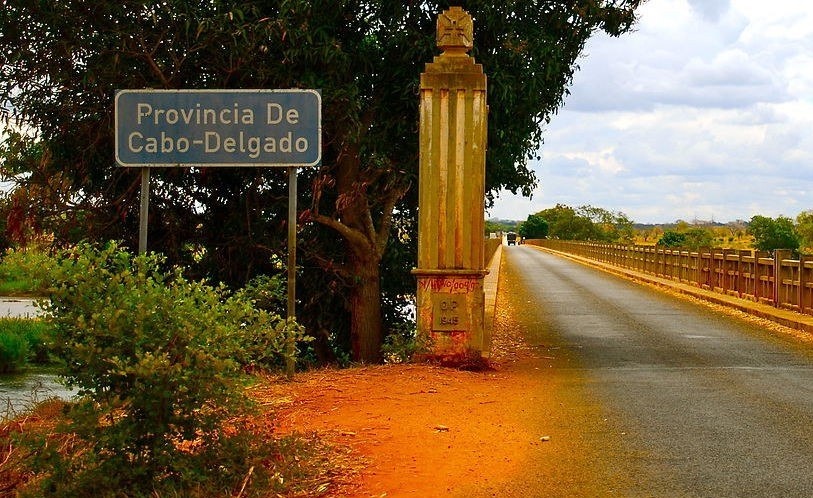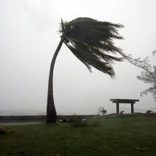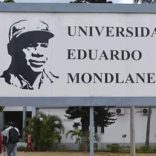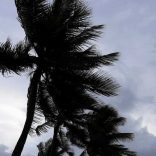Mozambique: Four killed, seven kidnapped in attack on Macomia – local sources
Situation in northern Mozambique continues to deteriorate

in file CoM
Chatham House director Alex Vines told Lusa today that the situation in Cabo Delgado is “worrisome”, and “continues to deteriorate” showing that “the Mozambican government does not have control in some municipalities”.
The territory has been the scene of attacks by radical groups suspected of being linked to an Islamic sect, causing more than 100 dead in a year and a half.
“The situation in Cabo Delgado is worrying, it continues to deteriorate, there is a growing number of attacks, now also on vehicles, which is a worrying new development. So far there have been no known attacks on civilian transport on the roads,” says the director of the Africa Program of the Royal Institute of International Affairs at Chatham House in London.
“This is very worrying. It is no coincidence that international investors, the Mozambican government and international partners in Mozambique are increasingly worried about what is happening,” said Alex Vines, who hosted a meeting attended by specialists and representatives of oil companies who are preparing to start liquefied gas extraction in the region.
“This shows that, in fact, the Mozambican government does not have control over what is happening in some municipalities in Cabo Delgado,” he continued.
According to the British expert, “by all accounts”, it is “an armed militant sect in Cabo Delgado. Therefore, the core of the issue is definitely religious, and the other issues are linked to this”.
“The investigation we had access to suggests that this issue has been emerging for a long time and has become visible with the attacks at the end of 2017,” he said.
However, “what worries me the most is that the number of attacks seems to be increasing, and although there is no evidence of a large group of individuals involved in the incidents, the fact is that violence seems to be spreading too”.
“The deterioration of the situation is worrying everyone more and more,” Vines says, explaining that the “tremendous interest” in Cabo Delgado over natural gas reserves motivates “an increase in the attention” of “a number of countries”.
The response of the Mozambican authorities – but also of the companies with interests in the region – to the issue of insecurity in the region should, according to Vines, combine a mixture of ingredients going well beyond an “exclusively military solution”.
“Any response,” he argued, “implies a state involvement in a much more subtle relationship with populations, in addition to a commitment to social development,” he argues.
Vines appealed to the Mozambican authorities to choose a path of “greater transparency and a sense of responsibility”.
“It is clear that the dissemination of reports by human rights organizations about the detention of journalists is not indicative of the best position. The attempt to discourage scrutiny and discussion about what is happening, arbitrary detention, the inculcation of a cultural of fear [among the population] will only alienate people from cooperation with the Government and help strengthen the support of extremist militants.”
In addition, “some of the Mozambican security forces’ behaviour has clearly been counterproductive,” he says.
The population, according to the expert, faces a situation in which it is the victim at one and the same time of both the extremist militants and the security forces.
“People are very scared,” he said.












Leave a Reply
Be the First to Comment!
You must be logged in to post a comment.
You must be logged in to post a comment.